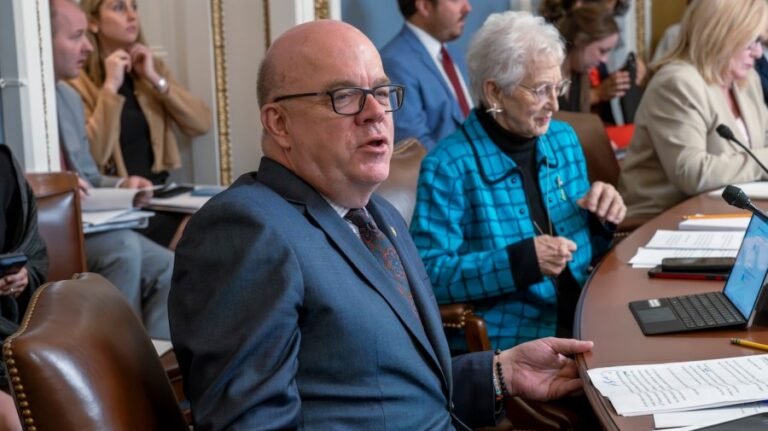
Have you bought any new houseplants lately? Maybe a pothos, a snake plant, or a monstera?
If so, there’s a good chance it passed through the hands of someone like me — someone working in a Florida nursery, where we plant, weed, spray, prune and lift plants in sweltering heat that often soars past 100 degrees.
But here’s what most people don’t know: There are no standards to protect us. No shade requirements. No guaranteed water or breaks. No heat standards at all — not in Florida, and not at the federal level.
This month, though, there’s a chance to change the dangerous conditions we face. After years of advocacy, our federal government is considering a national heat standard for workers.
The Occupational Safety and Health Administration is holding a public hearing on a proposed rule that would guarantee basic protections like water, shade and rest breaks for nearly 36 million people working in outdoor and indoor jobs, from agriculture and construction to warehouses and restaurants.
This moment, this chance to win safe working conditions, is deeply personal. For more than 12 years, I have worked in Florida’s plant nursery industry, one of the largest in the country. If you have ever bought a houseplant from a big-box store or garden center, there’s a good chance it came from our nurseries and greenhouses in Florida.
Because behind every plant is someone like me, working long hours, often 12-hour shifts during peak season, outdoors or in humid greenhouses, with no ventilation.
Now, with summer barely underway, the heat already feels more extreme than usual. Those of us who work outside know how dangerous it is.
We deal with dehydration, headaches, dizziness, nausea and muscle cramps — symptoms that make it harder and riskier to keep doing our jobs. Without access to clean water or breaks to cool down, our bodies can overheat. We can get sick or die on the job. Over time, this kind of exposure can cause kidney damage and dangerous changes to our blood pressure.
In fact, heat is now the deadliest weather-related hazard in the United States. It kills more people than hurricanes, floods or wildfires. But for too long, the people most exposed to extreme heat have been left unprotected.
And we are not alone in raising the alarm. Doctors, scientists and public health experts all agree: Heat kills. In places like Miami-Dade County, rising temperatures are driving more emergency room visits, hospitalizations and preventable deaths every year.
While some employers are taking steps to protect their workers, many do not. I know nursery workers who are denied breaks and clean drinking water. I know people who have fainted on the job, then been threatened with losing their jobs for speaking up. I know workers who ended up in the hospital after nearly fatal heat strokes.
One South Florida nursery was even named by the National Council for Occupational Safety and Health as one of the most dangerous employers in the country. That’s why I joined the Que Calor campaign to fight for enforceable heat protections.
In 2023, we came close to passing the first local heat standard in the U.S., right here in South Florida, but our state government sided with industry lobbyists to block it.
Last year, Florida lawmakers passed HB 433, which made it illegal for local governments to create their own heat safety rules. Texas passed a similar law. And today, for the millions of workers in the South, there are still no enforceable heat protections at the local, state, or federal level.
That’s why OSHA’s proposed national heat standard is so critical. For millions of workers across the country, this is a historic opportunity for our government to provide the basic protections we all need: water, shade and breaks.
So it’s time for OSHA to act, just like it’s time for employers, corporations and industry associations to become part of the solution and help us stay safe and alive.
From the plant nurseries of Florida to fields, rooftops and loading docks across the country, no one should have to risk their life just to earn a paycheck. Every worker deserves water, shade and a break.
Ana Mejia is a plant nursery worker in Florida and a member of WeCount!

